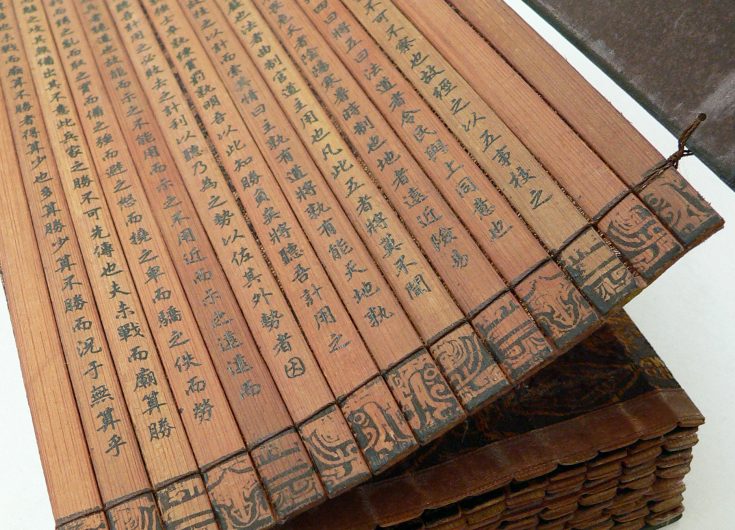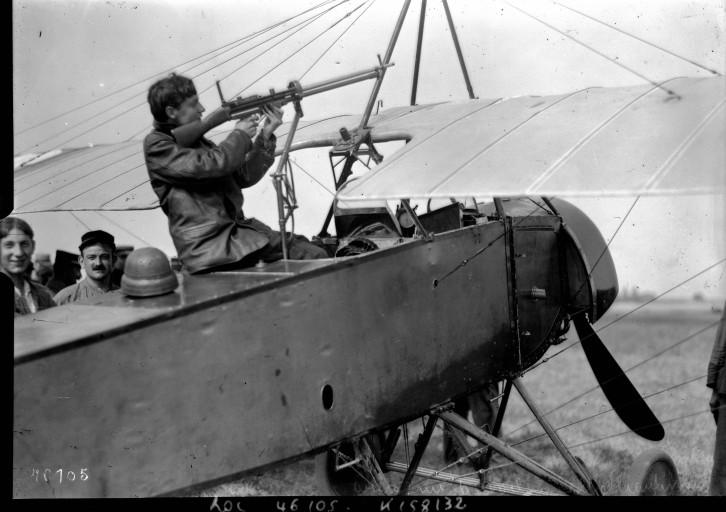

Sun Tzu, The Art of War (c. 500-300 B.C.)
This classic of Eastern thought draws from Taoist philosophy and addresses the conduct of war and competition between states with poeticism unlike any classic of Western military theory. Thought to be the transcriptions of a general’s advice to his king, The Art of War emphasizes the use of the unorthodox and deception to overcome adversaries without jeopardizing the dynasty’s existence during a period of increase lethality of warfare.


